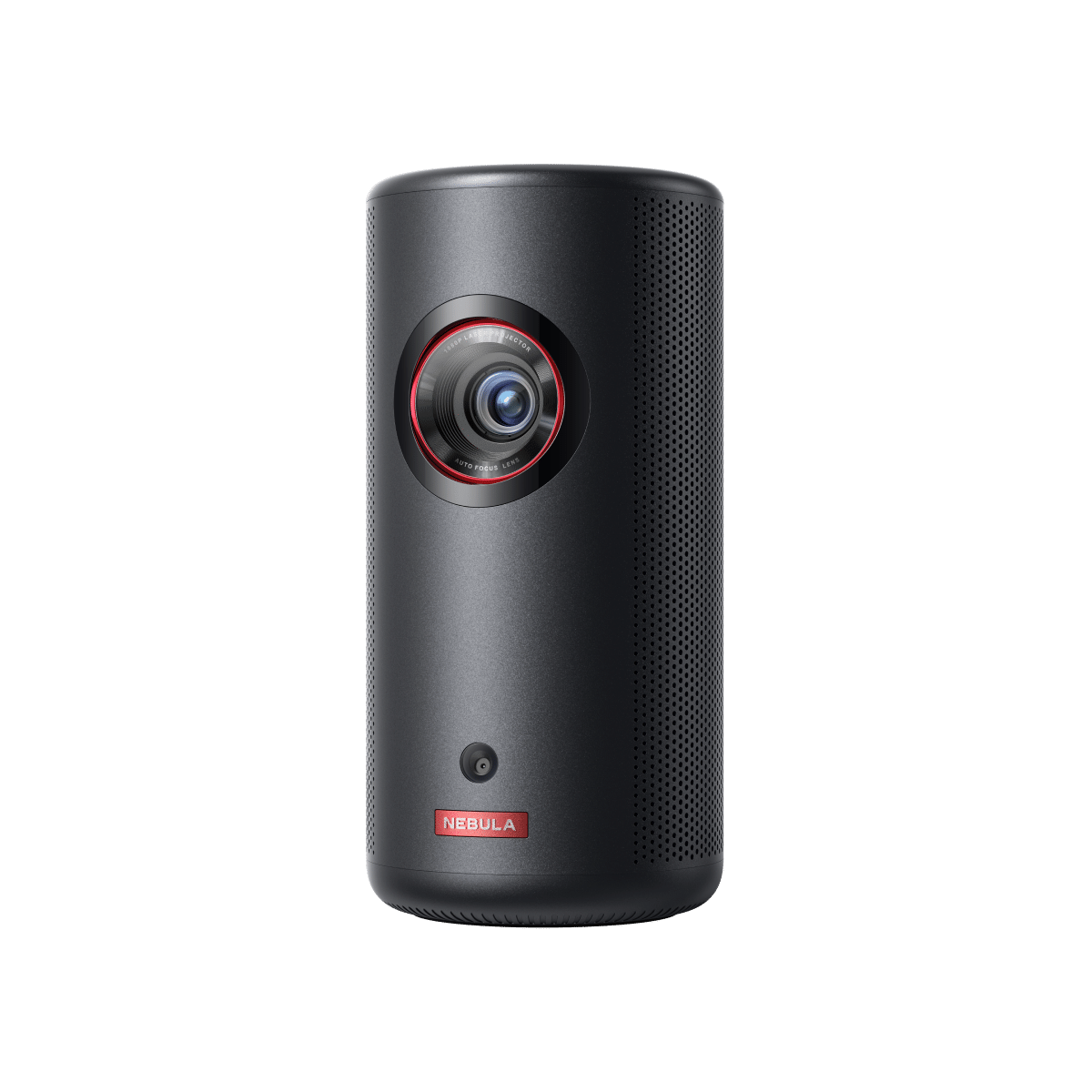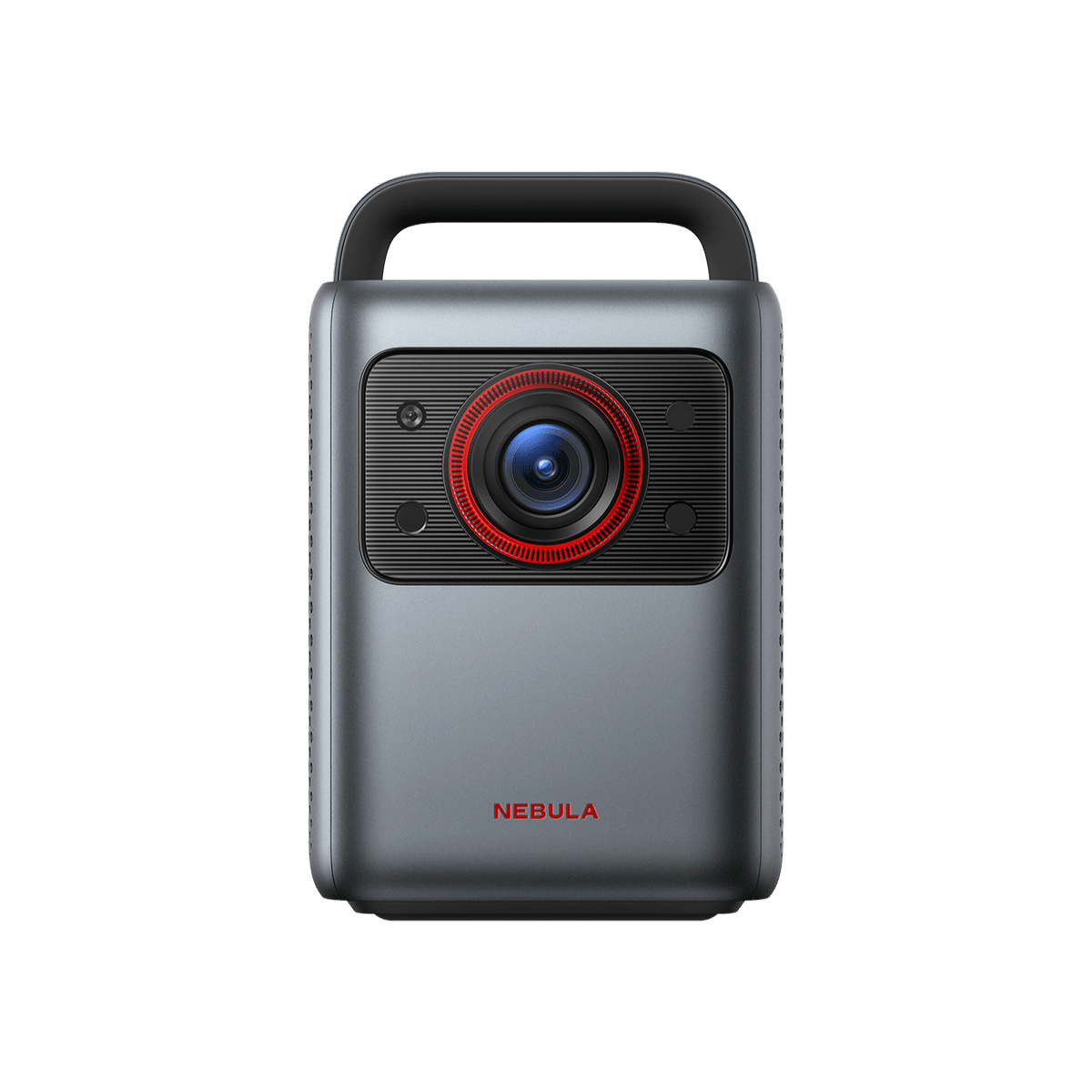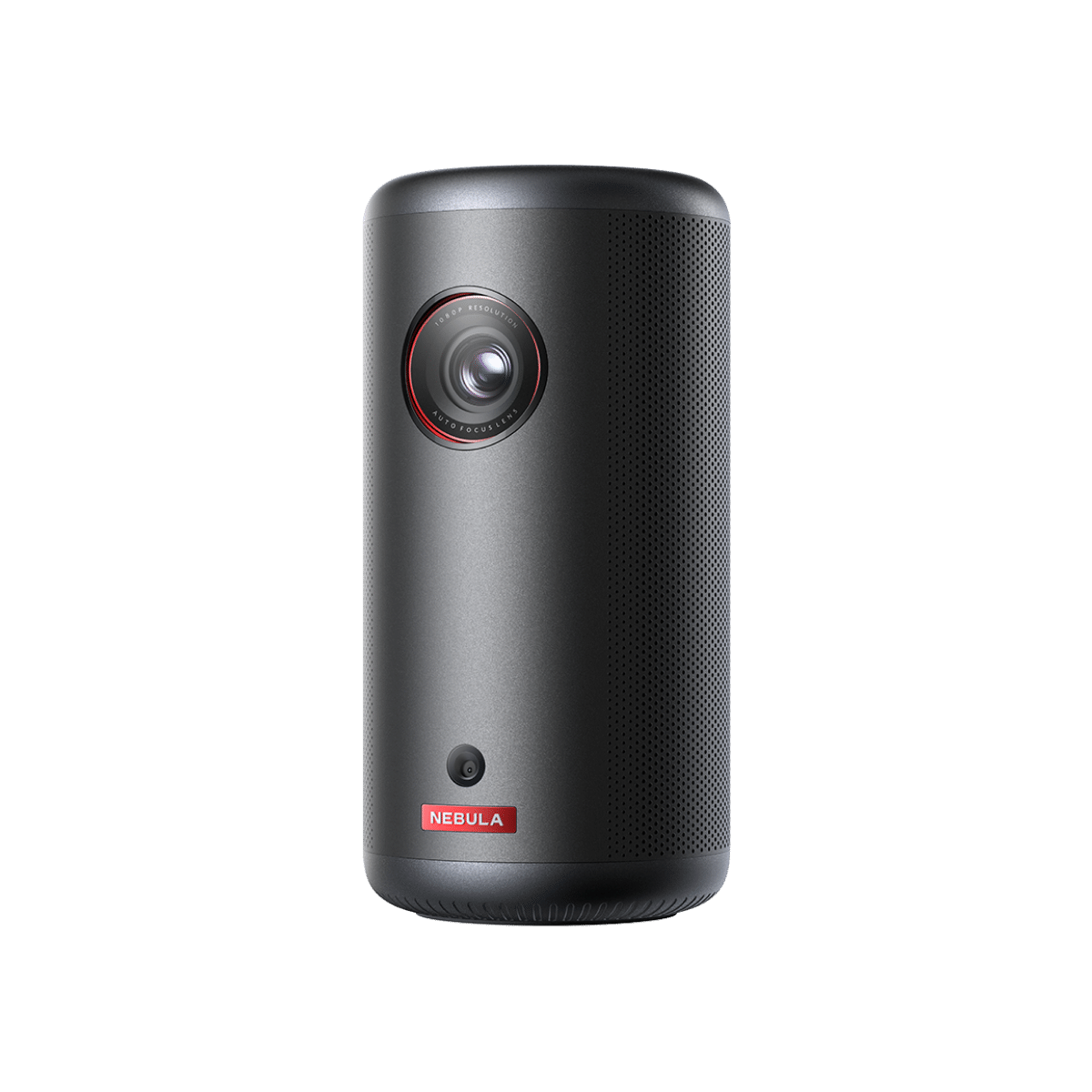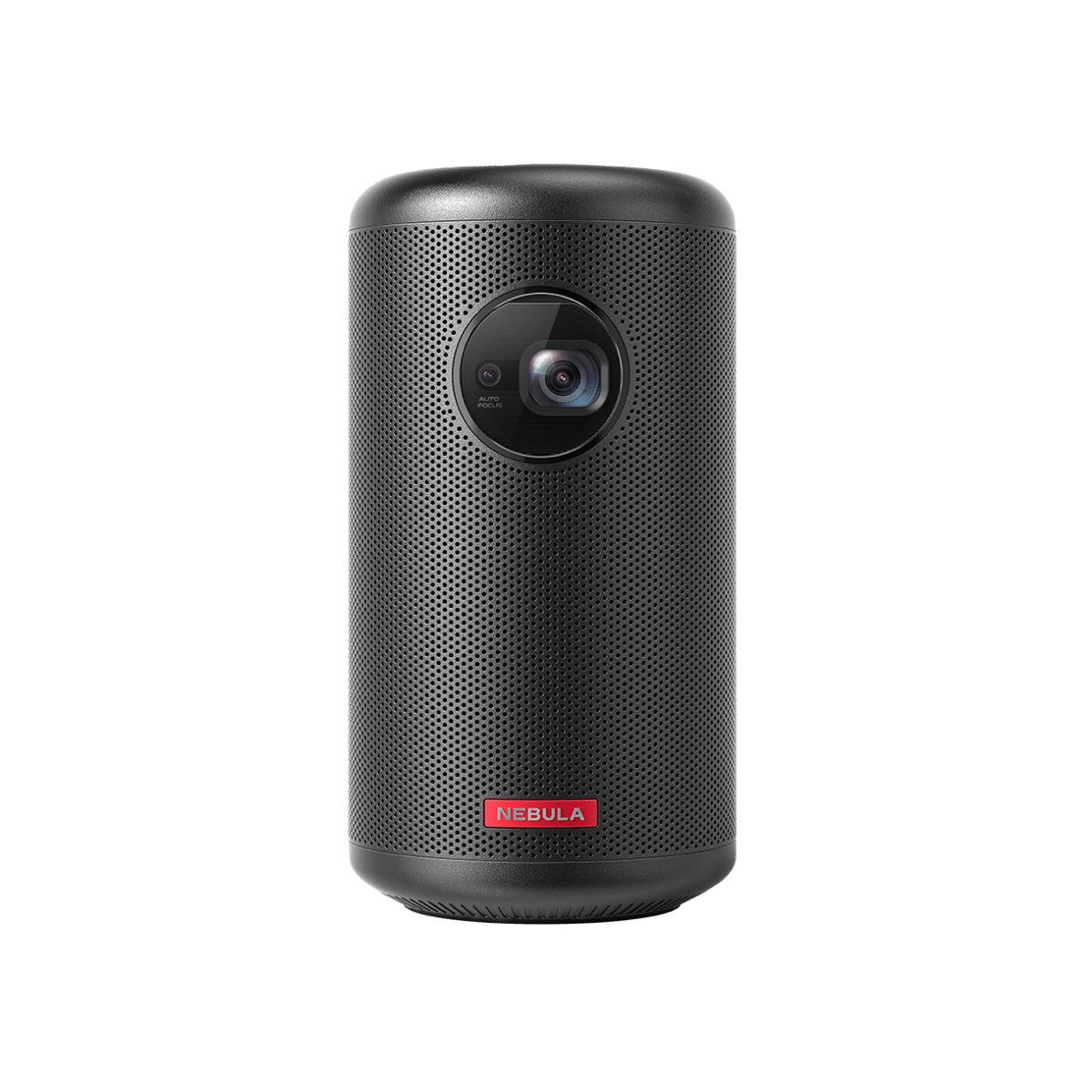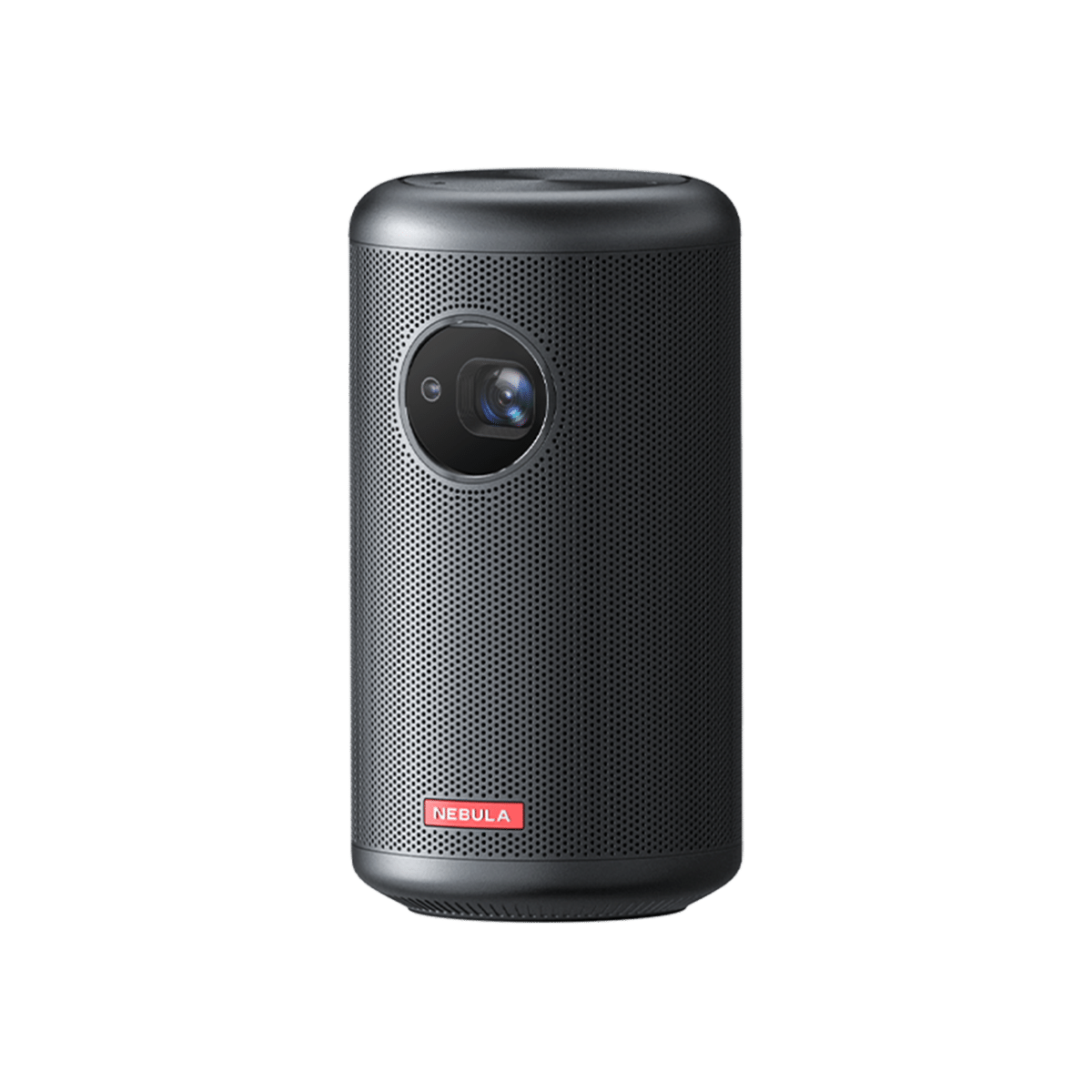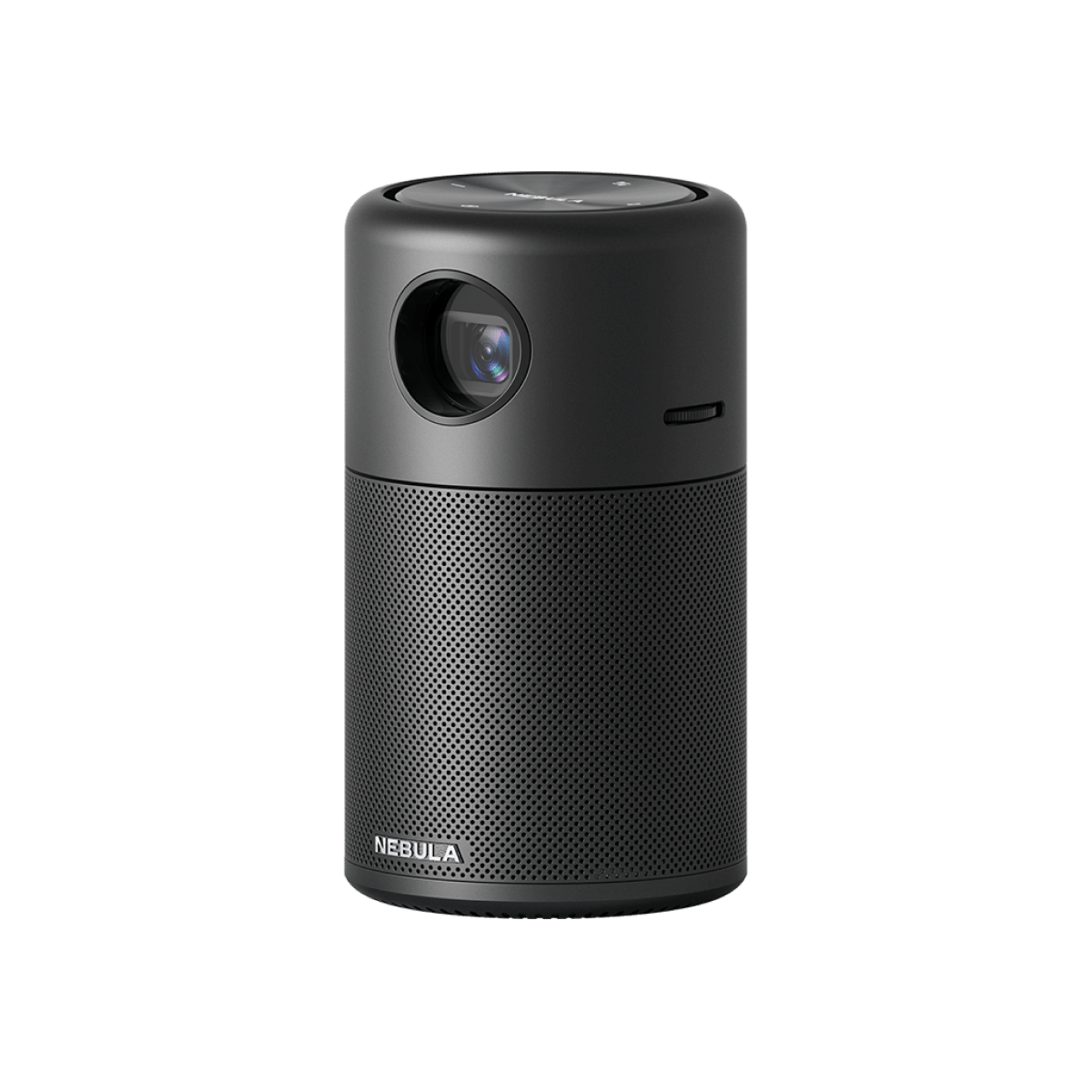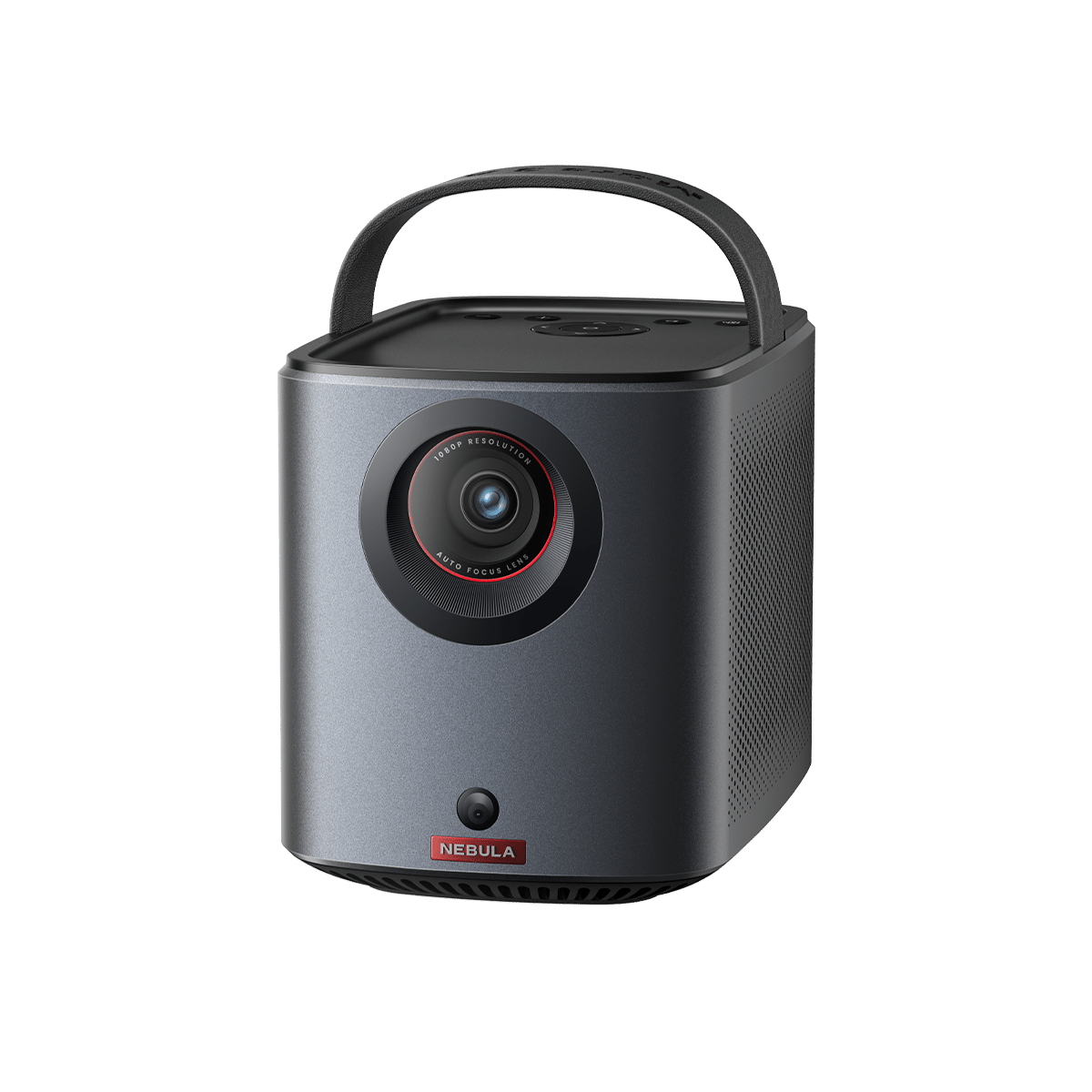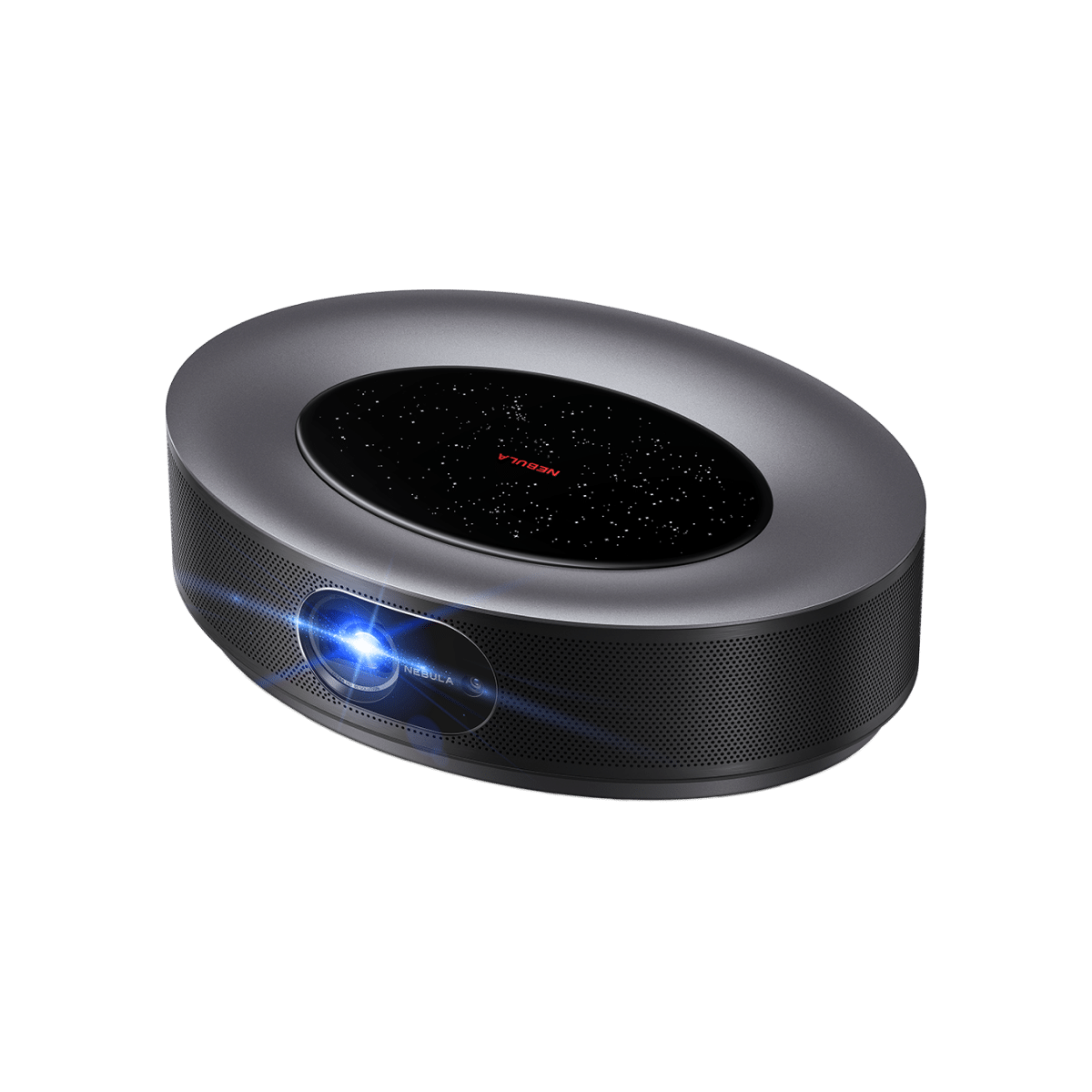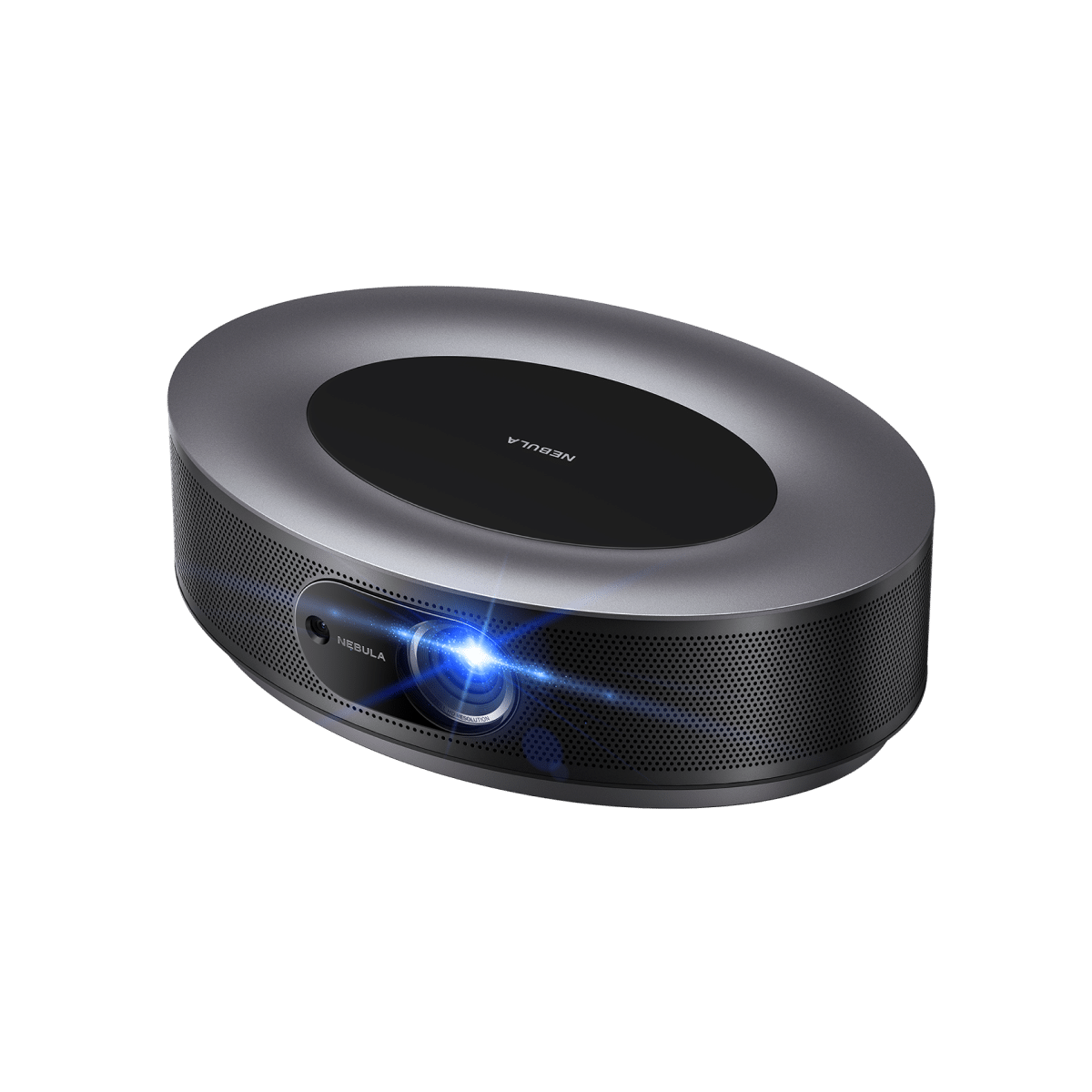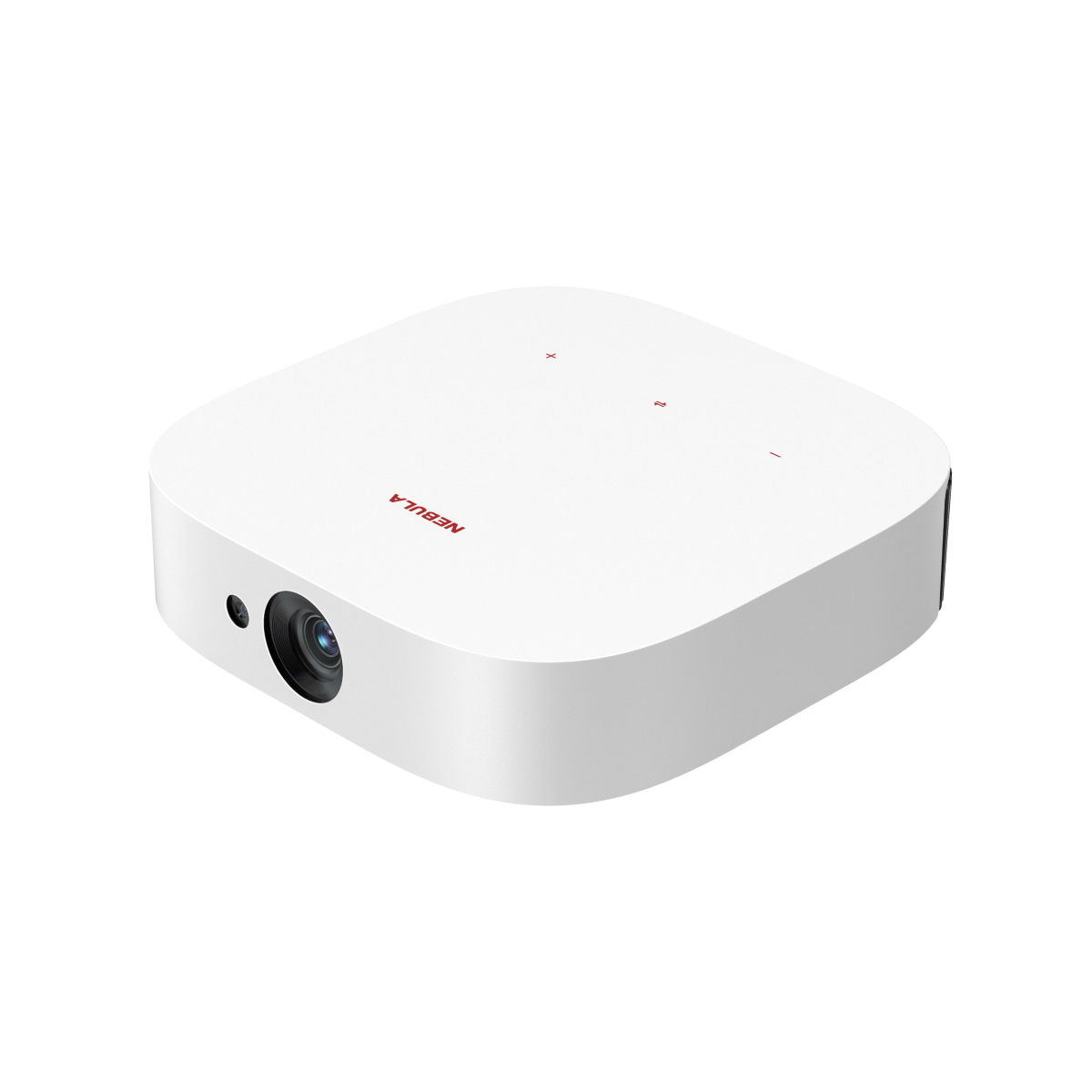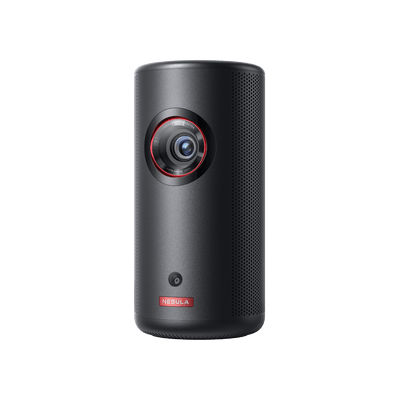In a world dominated by screens, from our smartphones to televisions, concerns about eye strain and discomfort are on the rise. Many of us spend countless hours staring at screens, and it's only natural to wonder if there's a more eye-friendly way to enjoy our favorite shows and movies. As projectors gain popularity as an alternative to traditional TVs, the question arises: Are projectors better for your eyes than TVs? Should I choose a projector or a TV for home theatres? In this blog, let's dive into the factors that can affect eye comfort when using both devices and conclude whether projectors offer a more visually relaxed viewing experience. Get started now!
Projector Vs. TV: Which Is Better For Your Eyes
Is projectors better than TVs for eyes? In the following part, we’ll analyze some common factors that can affect the viewer’s eye health and comfort, and give our conclusion at the end.
Screen Size
When evaluating the impact of screen size on eye comfort, it's important to note that larger screens can provide distinct advantages. With projectors capable of creating expansive images that often exceed 80 inches, viewers can capture more details with greater ease. This can significantly reduce the strain on the eyes, as there's less need to squint or strain to discern intricate elements of the content. TVs, on the other hand, produce smaller images than projectors and require more focus to view, creating a little more strain.
Viewing Distance
In the comparison of projectors and TVs for eye comfort, viewing distance is also an important factor, as the distance between the viewer and the screen significantly affects how the eyes perceive the content. Projectors often allow more flexibility in choosing the ideal viewing distance due to their ability to create larger images. This flexibility can reduce eye strain, as viewers can position themselves at a comfortable distance without losing the immersive feel of a large screen. On the other hand, is TV bad for your eyes? The answer is certainly yes if you sit too close to it, which is quite common given that TVs produce smaller images.
H3: Reflected Light and Emitted Light
However, how can we settle the choice between projectors vs large TVs? Say, 85 inch TV vs projector? Featuring similar image size and viewing distance, the only choice left is to compare other factors, among them the light source.
Is a brighter screen better for eyes? Probably not. In fact, one of the notable advantages of projectors is their reliance on reflected light. Projectors utilize surfaces to bounce light, creating a softer, less intense illumination. This characteristic can be advantageous for eye comfort as it minimizes the harshness of light. TVs, on the other hand, emit light directly from their screens, resulting in a more intense image and putting more strain on the viewer’s eyes. So, projectors are the clear winner in this round of comparison.
Blue Light
Even though projectors can reduce strain, you might still ask: Are projectors bad for your eyes? Can projectors cause eye damage at all? The answer is yes from a theoretical viewpoint since projectors emit blue light, but this harm is generally not something of concern in practice. In fact, both projectors and TVs emit blue light. However, since you do not look at the light source of the projector directly, all the blue light you receive is reflected from the projector screen. This is in contrast to TVs, whose emitted blue light goes straight into your eyes.
Ambient Light
One limit of projectors is that they often require controlled or low ambient light conditions to produce a clear and vivid image. Excessive ambient light can wash out the projected image and hinder the viewing experience, potentially causing eye strain as viewers struggle to discern details in suboptimal lighting. However, it's worth noting that investing in a brighter projector can compensate for this limitation. Projectors with a light source of above 2000 lumens, like the Cosmos Laser 4K with 2200 ANSI lumens, can generally maintain image quality even in moderately lit rooms.

Conclusion
Now, you should know whether are projectors better for your eyes. When weighing the choice between projectors and traditional TVs in terms of eye comfort, it becomes evident that projectors offer a compelling case. Projectors allow for larger screens and flexible viewing distance, reducing the potential for eye strain. Also, projectors subject viewers to less blue light, making them a healthier alternative than TVs. All these advantages, combined with the potential for cinematic experiences in your own home, make projectors an attractive choice for those looking for an eye-friendly entertainment solution.
FAQ
Do projectors have blue light?
Yes, projectors do emit blue light. Projectors typically use lamps or bulbs to create light, and these light sources often contain blue light components. However, note that since the light emitted by a projector is reflected off a screen before entering your eyes, the amount of blue light you receive is typically much smaller than if you are viewing a TV.
How to reduce blue light exposure?
Here are some effective ways to reduce blue light exposure and promote better eye health:
Adjust Device Settings: Dim the brightness of your screen and adjust the color temperature to warmer, more yellow tones, especially in the evening. This can significantly your blue light exposure and reduce your eye strain.
Blue Light Filtering Glasses: Invest in blue light filtering glasses that are specifically designed to block or reduce blue light. These can be worn while using digital screens.
Take Regular Breaks: Follow the 20-20-20 rule - every 20 minutes, take a 20-second break, and look at something at least 20 feet away to rest your eyes.
Can I use a projector for everyday TV watching?
Yes, you can use a projector for everyday TV watching. However, there are some factors to consider when using a projector for daily TV use:
Space and Setup: Ensure you have enough space and an appropriate setup to accommodate a projector. This includes a clear wall or screen, a suitable projector mount or stand, and an adequate distance for the projector to achieve the desired screen size.
Ambient Light: Projectors work best in low-light or controlled lighting conditions. Consider your room's ambient light, as excessive brightness can affect image quality.
Sound System: Most projectors have built-in speakers, but their quality differs. Consider investing in a projector known for rich and immersive sound effects like the various Nebula projectors to enhance your watching experience.
Streaming Choices: Choose smart projectors that support Android TV or other platforms to gain access to an abundance of streaming sources without the need for external devices.
